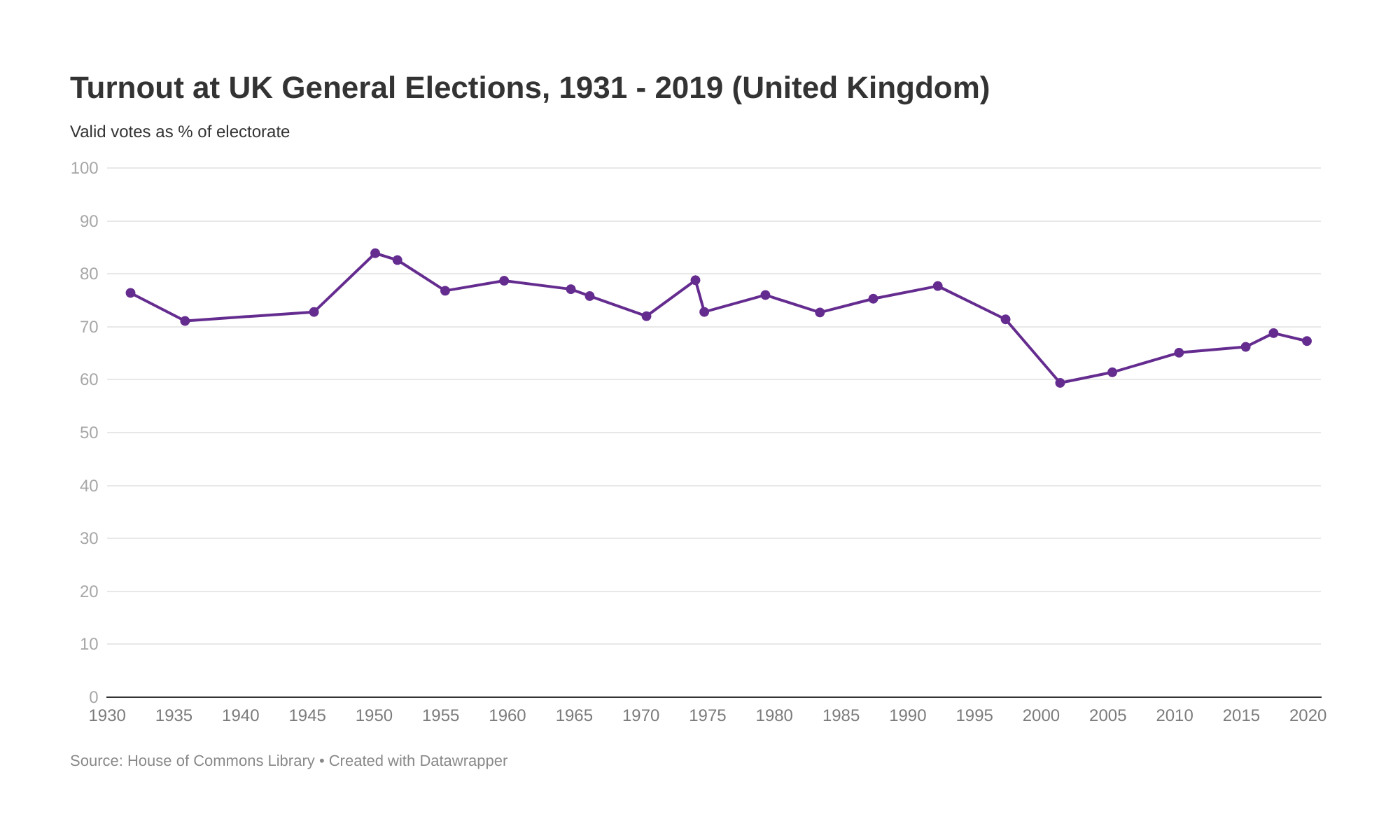Analysis Of Financing Options For A 270MWh BESS In Belgium's Merchant Market

Table of Contents
Project Financing for a 270MWh BESS
Securing funding for a 270MWh BESS project in Belgium requires a strategic approach to project financing, leveraging a mix of debt and equity to optimize capital structure and minimize risk.
Debt Financing
Debt financing for a BESS project can take several forms, each with its own advantages and disadvantages.
- Bank Loans: Traditional bank loans offer a relatively straightforward approach, but securing financing may require substantial collateral and a strong credit rating. Banks increasingly specialize in renewable energy projects, offering competitive terms.
- Green Bonds: These bonds specifically target environmentally friendly projects and often attract investors seeking socially responsible investments. Green bonds can potentially offer lower interest rates compared to traditional debt.
- Project Finance: This complex structure involves multiple lenders and often includes non-recourse financing, limiting the liability of the project sponsors. Project finance is well-suited for large-scale infrastructure projects like BESS.
Successful BESS financing deals in comparable European markets often involve a combination of these debt instruments, carefully tailored to the specific project characteristics and risk profile. For instance, a recent 150MWh BESS project in Germany secured funding through a blend of bank loans and green bonds, demonstrating the feasibility of this approach for large-scale energy storage projects. The advantages of debt financing include a lower cost of capital compared to equity, while disadvantages include stringent requirements and interest rate risk. Potential lenders to explore include those specialized in renewable energy and infrastructure projects, both within Belgium and internationally.
Equity Financing
Equity financing involves selling a portion of the project ownership in exchange for capital. This can be achieved through various channels:
- Private Equity Firms: These firms specialize in investing in high-growth ventures, and many are increasingly interested in the renewable energy sector. Their expertise and network can be invaluable.
- Venture Capital: Venture capitalists typically invest in early-stage companies with high growth potential. While riskier, venture capital can provide significant capital injection.
- Strategic Investors: These investors, often energy companies or utilities, see strategic value in owning a BESS project, such as securing energy supply or integrating it into their existing operations.
The advantages of equity financing include less stringent financial covenants than debt financing. However, it results in dilution of ownership and potentially a loss of control for the original project developers. Identifying potential investors with a strong interest in the Belgian energy market and BESS technology is crucial for securing equity funding. Several European private equity and venture capital firms have already shown significant interest in BESS investments, suggesting a strong potential investor pool for a 270MWh project in Belgium.
Hybrid Financing
Optimizing the financial structure for a 270MWh BESS often involves a hybrid approach, combining debt and equity financing. Determining the optimal debt-to-equity ratio requires careful consideration of several factors, including project risk, investor appetite, and overall return expectations. A hybrid structure can effectively mitigate risk by distributing it between lenders and equity investors, enhancing the project's overall financial stability. A well-structured hybrid financing plan can significantly improve the project's profitability and reduce reliance on a single financing source.
Assessing the Belgian Regulatory Landscape
Navigating the Belgian regulatory landscape is essential for successful BESS project financing. Government incentives and grid connection approvals significantly impact project feasibility and financing prospects.
Government Incentives and Subsidies
Belgium offers various government support programs to promote renewable energy projects, including BESS installations. These include:
- Tax Credits: Tax credits can reduce the project's overall cost, making it more attractive to investors.
- Grants: Direct grants provide upfront capital, reducing the need for significant external financing.
- Feed-in Tariffs: Guaranteed payments for electricity fed into the grid can provide a stable revenue stream, enhancing project bankability.
Staying informed about the latest legislation and regulatory changes concerning renewable energy incentives is critical for maximizing the financial benefits of these programs. Actively engaging with relevant government agencies and industry associations can ensure that the project complies with all regulations and benefits from available incentives.
Grid Connection and Market Access
Securing grid connection approval and access to the Belgian energy market are vital for project success. The process involves navigating complex regulatory procedures and obtaining the necessary permits. Furthermore, securing long-term power purchase agreements (PPAs) is essential for demonstrating consistent revenue streams to potential lenders and investors. PPAs provide price certainty, reducing the risk associated with fluctuating electricity prices in the merchant market.
Risk Mitigation Strategies
Mitigating various risks associated with a 270MWh BESS project is crucial for attracting investors and securing financing.
Revenue Risk Management
The merchant market exposes BESS projects to price volatility. To manage this risk, it's essential to diversify revenue streams:
- Frequency Regulation: Providing frequency regulation services to the grid can provide a stable, predictable income stream.
- Arbitrage: Profiting from price differences between different times of the day or different locations.
- Ancillary Services: Providing various grid support services, such as voltage regulation.
Hedging strategies can further mitigate price risk by locking in future prices or using derivatives to offset price fluctuations. Carefully analyzing electricity market forecasts and implementing appropriate hedging strategies are crucial for ensuring predictable revenue streams.
Operational and Technological Risk
Operational and technological risks can significantly impact project performance and profitability. These include:
- Battery Degradation: Battery lifespan and performance degradation over time are inherent risks that need to be addressed.
- Equipment Failure: Equipment malfunction can lead to downtime and repair costs.
- Cybersecurity Threats: Protecting the BESS system from cyberattacks is vital for ensuring operational security and reliability.
Comprehensive insurance policies, robust maintenance contracts, and proactive risk management strategies can minimize these risks. Investing in high-quality equipment from reputable manufacturers and implementing thorough testing procedures can greatly reduce the likelihood of equipment failure. Investing in robust cybersecurity measures is essential for protecting the BESS system from potential attacks.
Conclusion
Financing a 270MWh BESS project in Belgium's merchant market requires a well-structured financial plan that leverages a combination of debt and equity financing, taking advantage of government incentives and implementing effective risk mitigation strategies. A diverse revenue stream, incorporating frequency regulation, arbitrage, and ancillary services, coupled with appropriate hedging mechanisms, is crucial for ensuring project profitability and securing investor confidence. By carefully navigating the regulatory landscape and addressing potential operational and technological risks, developers can enhance the project's attractiveness to investors and successfully secure the necessary funding. Explore your BESS financing options in Belgium by contacting a financial consultant specializing in renewable energy projects. Learn more about financing a BESS project and secure funding for your Belgian BESS investment today.

Featured Posts
-
 1 Mayis Kocaeli Siddet Olaylari Ve Arbede Detaylari
May 03, 2025
1 Mayis Kocaeli Siddet Olaylari Ve Arbede Detaylari
May 03, 2025 -
 The Zuckerberg Trump Dynamic Implications For Facebook And Beyond
May 03, 2025
The Zuckerberg Trump Dynamic Implications For Facebook And Beyond
May 03, 2025 -
 Shock Exits Two Stars Leave Celebrity Traitors Uk
May 03, 2025
Shock Exits Two Stars Leave Celebrity Traitors Uk
May 03, 2025 -
 Unlocking Growth Saudi Arabias New Regulations For The Abs Market
May 03, 2025
Unlocking Growth Saudi Arabias New Regulations For The Abs Market
May 03, 2025 -
 Florida And Wisconsin Election Results What The Turnout Reveals
May 03, 2025
Florida And Wisconsin Election Results What The Turnout Reveals
May 03, 2025
